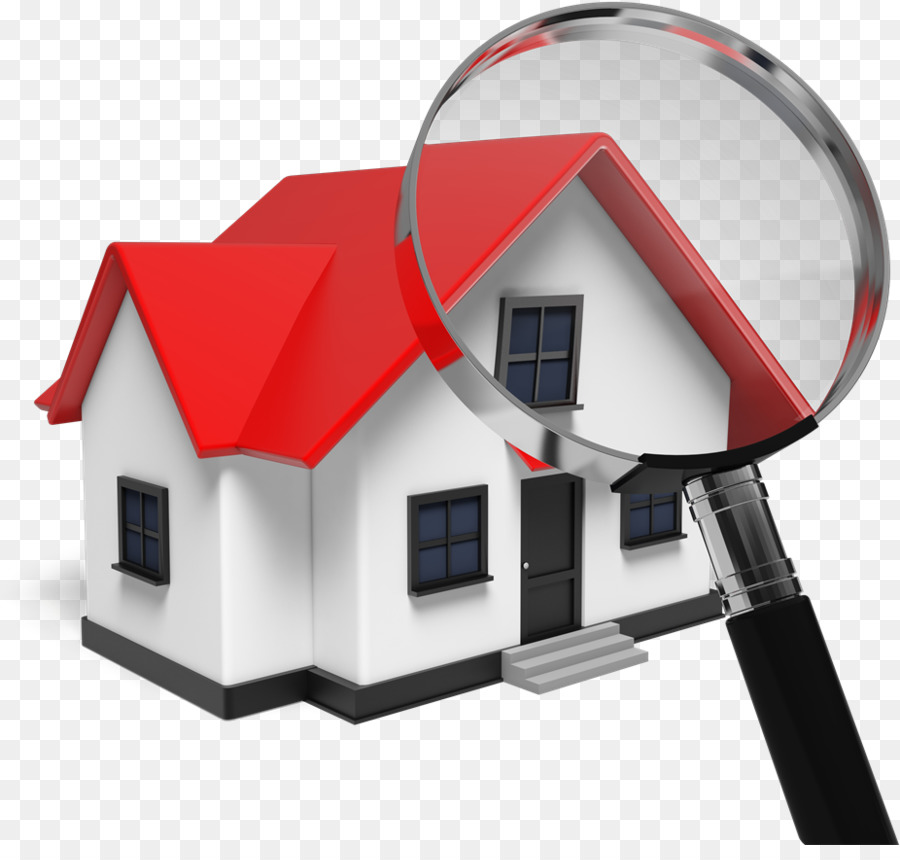Buying a home is likely one of the biggest purchases you’ll ever make. So you want to make sure you’re making an informed decision when investing in a property. That’s why hiring a reputable and trustworthy home inspection company is key.
A thorough home inspection can uncover hidden defects and issues with the home that could cost you thousands down the road. Having an experienced home inspector identify problems ahead of time allows you to negotiate with the seller, request repairs, or walk away if major concerns are discovered.
But not all home inspection companies are created equal. You want to find one that’s experienced, licensed, insured, and provides quality, detailed inspection reports. Here are some of the most crucial steps to take when researching and choosing a home inspection company you can depend on.
Gather Recommendations and Research Options
Start your search by asking your real estate agent, lender, friends and family for home inspection company referrals. But don’t stop there. Spend time researching home inspection companies online as well to compare experience levels, certifications, services offered and past customer reviews.
Look for a home inspector who has been working in your local market for several years at a minimum and holds certifications from reputable industry organizations like the American Society of Home Inspectors (ASHI) or the International Association of Certified Home Inspectors (InterNACHI). This helps ensure they have received adequate, up-to-date training on conducting thorough home inspections.
As you research your options, create a list of 3-5 potential companies to further evaluate.
Check Licensing and Insurance Coverage
Once you have a list of home inspection companies in mind, verify each prospective company and inspector holds the proper state licensing. Most areas require home inspectors to meet prerequisites like educational instruction, pass an exam, and pursue continuing education courses.
Ask to see a copy of the inspector’s current license to perform home inspections in your state. You can usually do an online license verification as well through your state or municipality’s website.
Also ask about the types of insurance policies the home inspection company carries, including errors and omissions insurance. This protects you from undue liability if the inspector overlooks something. Confirm required insurance coverage amounts with your real estate agent so you know appropriate levels needed in your area.
Reputable home inspectors should gladly provide license and insurance documentation. Consider it a red flag if a company avoids answering or refuses to supply this info.
Interview Potential Inspectors
Once you’ve verified licenses and insurance, set up brief interviews with two or three home inspection companies you’re still considering. This step is invaluable to understanding experience levels and evaluating professionalism, work quality and responsiveness. Use the interviews to ask questions like:
-
How long have you been performing home inspections? Do you have experience with residential properties in this area?
-
How many inspections do you conduct annually/monthly?
-
What does your inspection process entail? Do you use infrared cameras or other advanced diagnostic technologies?
-
What industry certifications do you and your inspectors hold? How many hours of continued education do you pursue each year?
-
Can you walk me through a sample home inspection report?
-
What is your approach when communicating inspection findings to clients? Do you discuss next steps when issues arise?
Pay attention not just to the answers they give, but to their communication style, professional demeanor and responsiveness as well. The inspector you choose should make you feel comfortable asking questions and explaining their inspection process and reports in everyday terms you understand.
Understand What’s Included (or Not) in Standard Home Inspections
You also want to use your interview as an opportunity to learn exactly what elements are inspected during a standard home analysis. This helps you understand where potential extra costs could arise if additional specialist inspections are needed.
Key areas standard home inspection services should cover include:
-
Structural foundation, framing and roof
-
Exterior elements like siding, windows, doors, decks, drainage and grading
-
Interior components including floors, walls, ceilings, insulation
-
Electrical systems
-
Plumbing, water heaters and fixtures
-
HVAC systems
-
Appliances included with home sale
-
Garage doors, fireplaces and chimneys
What’s typically not included are areas that require invasive testing or dismantling to access. Examples can include sewer line scoping, mold testing or analysis of hidden structural issues. Specialists like roofers, engineers or electricians may need to be brought in for further testing if concerns are noted in these realms.
Ask the inspector to explain their particular inspection process and clarify upfront what areas are and aren’t covered under standard fees. This avoids confusion and unexpected costs down the road.
Check Reviews and References
One of the most critical steps—yet one that many people skip—is to request and check reviews and references for potential home inspection companies. This step really helps you understand the quality of work and what past customers’ experiences have been.
Look for companies with multiple consistently positive home inspector reviews. Pay attention to how responsive they are described to be addressing issues discovered on inspection and their communication styles conveying findings.
Dig deeper by speaking with 2-3 past client references directly. Ask them questions like:
-
Did your home inspector thoroughly explain their processes and findings? Were they responsive to questions?
-
Did you feel the inspection report delivered was detailed, high quality and easy to comprehend?
-
Were there any major issues discovered on inspection that weren’t apparent otherwise?
-
How did the company handle working through solutions for inspection discoveries with you?
-
Would you recommend this home inspection company to friends and family? Why?
Don’t underestimate the value of understanding previous customer experiences first-hand. This can truly reveal the home inspection companies best poised to provide quality inspections plus exemplary customer service.
Trust Your Gut Instinct Choosing a Home Inspector
With all the complex steps involved in evaluating potential professional home inspection companies, also listen to your innate gut instincts. Choosing a home inspector you personally feel comfortable with can’t be undervalued.
Consider accessibility factors too like responsive communication styles, scheduling availability to complete inspections under your timeframe, and conflicts of interest disclosures. Ethical home inspectors should confirm they have no stake in your property transaction or relationships with real estate agents involved.
The rapport home inspectors establish also goes a long way towards open dialogues when issues surface needing solutions. Carefully weigh who you best connect with and which company seems most aligned providing the knowledge-based assurance you need.
The top priority is being matched with professional home inspectors committed to an outstanding customer experience. This starts by building trusting relationships where you know they have your best interests at heart. Taking time to carefully research options leads to informed decisions and ideal outcomes.
So implement these crucial steps when researching and connecting with professional home inspection companies in your area. Prioritizing license checks, interviewing inspectors, verifying detailed reports and gathering customer feedback pays huge dividends helping ensure you find a home inspection company to meet your needs wisely.





